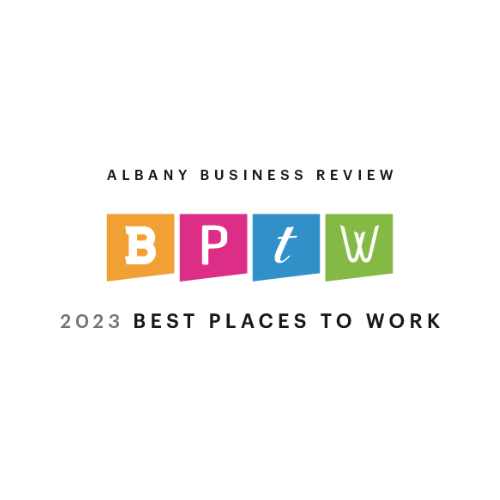By: Rick Karlin, Times Union
If you think the financial and tax repercussions of the COVID-19 pandemic are behind us, think again. Not only are scores of small businesses nationwide still waiting for employment-related tax refunds, the refunds have also sparked a new species of business-to-business scams, according to a pair of local tax experts.
At issue is the Employee Retention Credit, which is a refund that businesses are entitled to if they retained a certain percentage of employees during the worst of the COVID outbreak three years ago (This is separate from the Paycheck Protection Program loans that were made and often forgiven for keeping people on the payroll).
The Internal Revenue Service has been catching up with applications for the Employee Retention Credit for some time but there have been problems, notably a backlog of refund applications and a number of fraudulent or erroneous claims being filed.
The bad claims are in part due to the growth of what tax advisers Dawn Doherty and Kimberly Wright call “pop-up shops” claiming that they can, for a fee, help apply for these credits.
Doherty and Wright are accountants and tax advisers with BST & Co.
In recent weeks, they have heard from clients and business operators who have been approached by companies purporting to specialize in the ERC refunds. “The size of the promised refunds caught our attention,” Doherty said, explaining that some of the refunds being touted are unrealistically large.
The pop-up shops could be located anywhere, operating online or by phone instead of in person. They can find potential customers by sifting through publicly available lists of businesses that have received at least some kind of tax abatement due to the pandemic.
Part of the problem is the complexity of the ERC program and the numerous steps needed to accurately compute the size of a given refund, Doherty said.
Some business may apply, for example, to get six quarters' worth of refunds when they are entitled to two or three. Tax bills are often calculated and paid in fiscal quarters.
Wright said that businesses are being targeted through direct mailings, as well as ads on cable TV and online. There are other red flags that an offer of help in getting an ERC refund may not be legitimate.
An operator that is paid through a percentage of the refund is one sign, Wright said. Certified public accountants aren’t allowed to be paid that way. Another caution sign is an offer to loan money — at interest rates of up to 24 percent — in advance of the refund.
The IRS is aware of the bogus applications and as a result, have slowed processing in an attempt to root out the fraudulent or improper refund requests.
Moreover, the agency this month has put a hold on processing new ERC applications. Nationwide there is a backup of about 600,000 applications for ERC refunds.
Their best advice: Look into unsolicited offers from companies offering too-good-to-be-true tax advice. Potential clients should ask potential ERC advisers how long they have been in business and if they are part of an established or qualified tax advisory firm.
The pop-up shops may be long gone when a client has continued questions about their refund.
“When things go off the rails, they are no longer there,” Doherty said.
As seen in the Times Union - view here.

